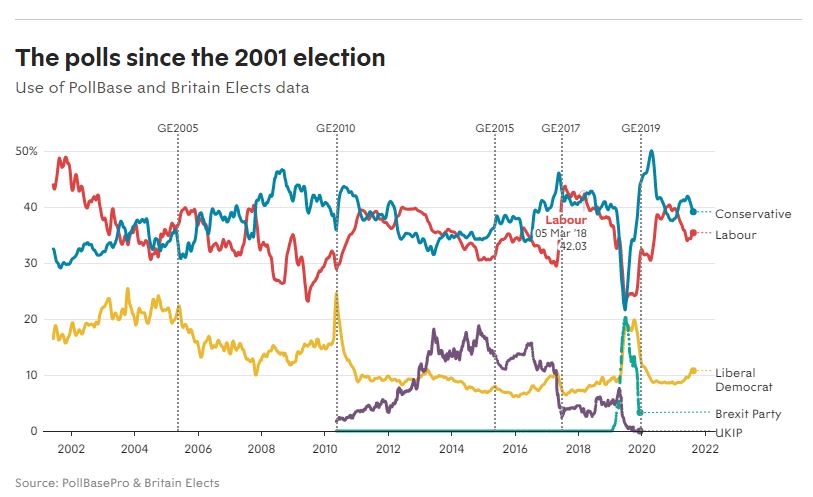Irishwizard
Regular.
Rayner - the politician who said 2 years ago, we need a kinder politics

Perhaps she meant things like not cutting Universal Credit? Tangible things that matter to people health/wealth/happiness.....Rayner - the politician who said 2 years ago, we need a kinder politics
I have never heard of most of those on the list so its impossible for me to say all i know is if they don't get rid of this guy they haven't a prayer of winning


It's a great idea CC, but it takes two to tango and it's by no means certain that the EU would have us back even with an overwhelming vote to return. On the other hand, there's still a lot of love for the Brits among the rank and file folk and it's mainly the politicians we've pissled off. There's also an amazing ignorance of how hard the UK is being hit by Brexit. Libération had a go at explaining the situation and I think they've done a pretty good job.Keir should say if Labour wins the next election then he would hold another referendum to rejoin the EU. If Scotland can have another referendum then why not the whole UK.
Keir should say if Labour wins the next election then he would hold another referendum to rejoin the EU. If Scotland can have another referendum then why not the whole UK.








Student exchange why's that daft?
if you don't know most of the Shadow Cabinet then you don't know if he's the best of a bad bunch,
Rayner - the politician who said 2 years ago, we need a kinder politics
In his resignation letter - published in the middle of Labour's party conference in Brighton - the MP said his party leader had made Labour "more divided than ever".
I think you’ve got a point. I’m not a Labour member, but reading and listening to what some members have said, it does seem as if they’re more interested in an ideologically pure debating society than actually doing something constructive towards getting rid of this party of, well, dare I say it, scumbags.Keir all the way. I voted for him as leader and Angela as deputy and would do so again. I believe many labourites don't want power as they are far left but a leader like Corbyn was never going to be PM.
Truly the Corbynites have done more to enable Johnson than 90% of the Tory party.

I wouldn’t expect to hear it from my 11 y.o. Children!
